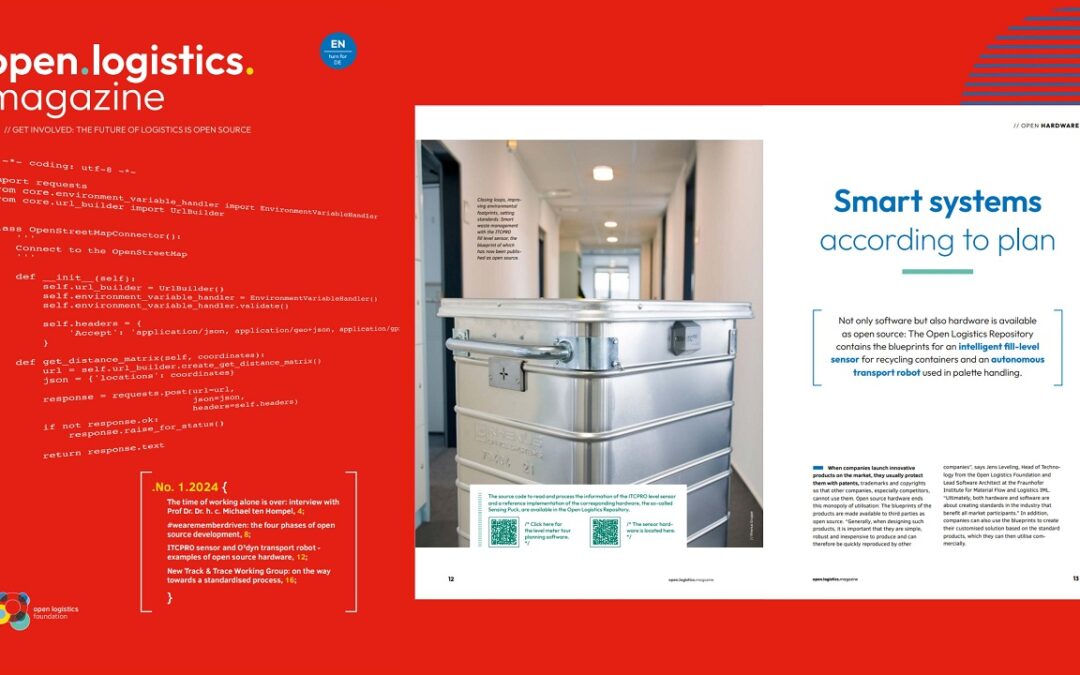
18 June 2024 | Stories
Not only software but also hardware is available as open source: The Open Logistics Repository contains the blueprints for an intelligent fill-level
sensor for recycling containers and an autonomous transport robot used in palette handling. Closing loops, improving environmental footprints, setting standards: Smart waste management with the ITCPRO fill level sensor, the blueprint of which
has now been published as open source.
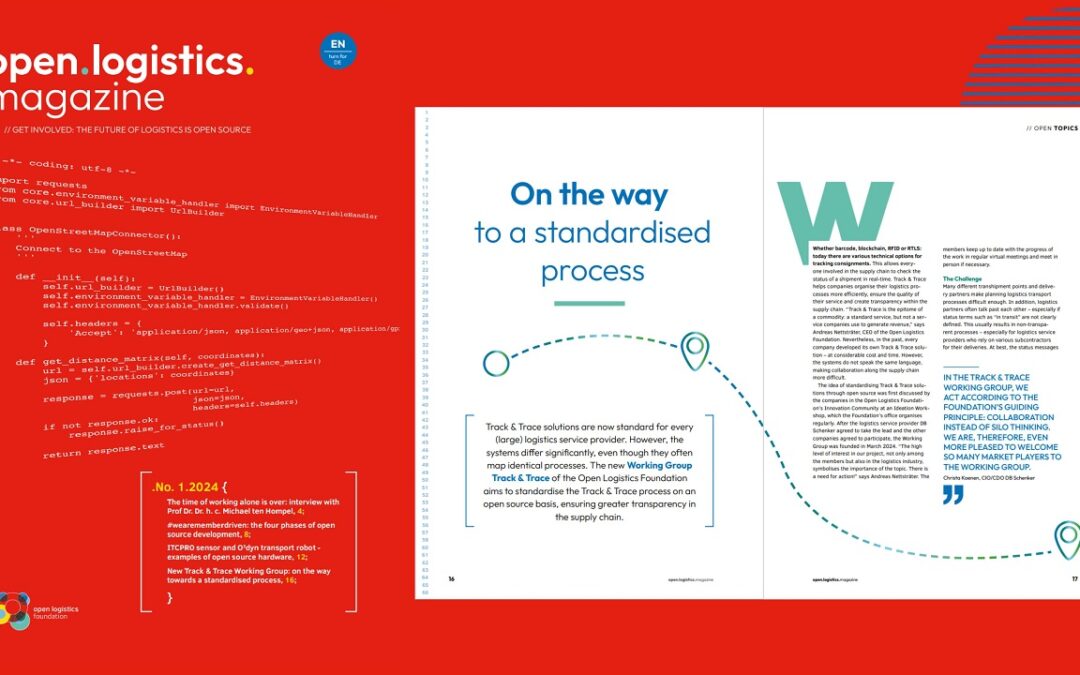
13 May 2024 | Stories
Track & Trace solutions are now standard for every (large) logistics service provider. However, the systems differ significantly, even though they often map identical processes. The new Working Group
Track & Trace of the Open Logistics Foundation aims to standardise the Track & Trace process on an open source basis, ensuring greater transparency in the supply chain.

22 April 2024 | Stories
In its pursuit to enhance trust and transparency of data used in customs processes, the Working Group Open Customs Blockchain launched its second project aimed at making the customs clearance process more efficient. The Goods Passport ID (GPID) strives to revolutionise customs clearance by offering a single, reliable passport for goods flow, thereby ensuring trust by authorities and expediting clearance processes to mitigate delays.
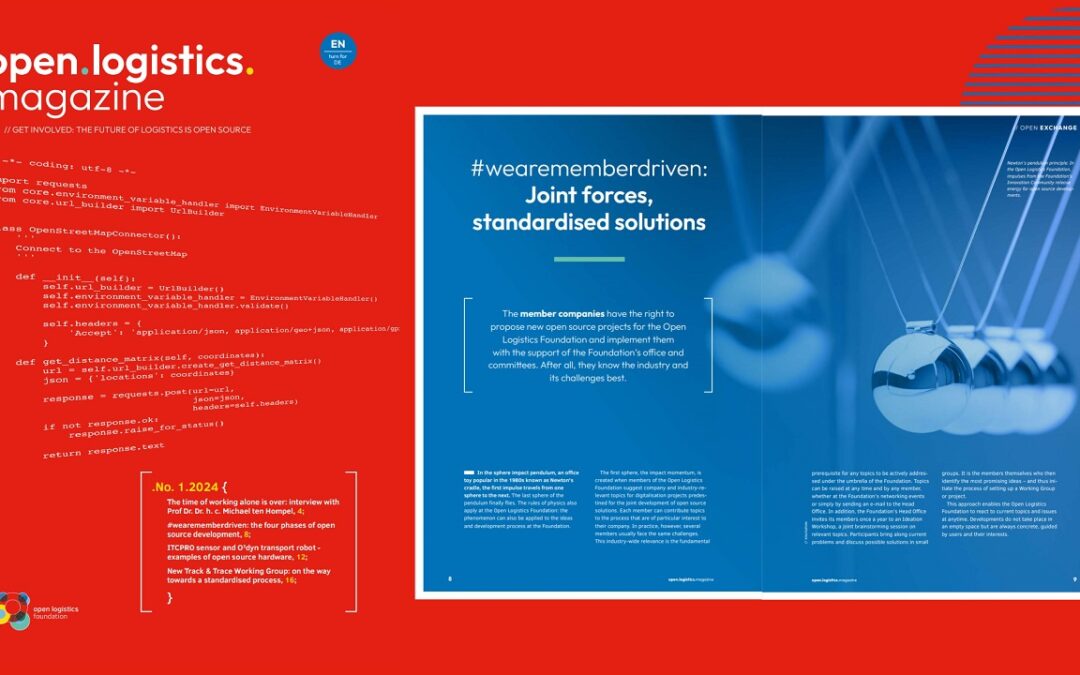
17 April 2024 | Stories
The member companies have the right to propose new open source projects for the Open Logistics Foundation and implement them
with the support of the Foundation‘s office and committees. After all, they know the industry and its challenges best.
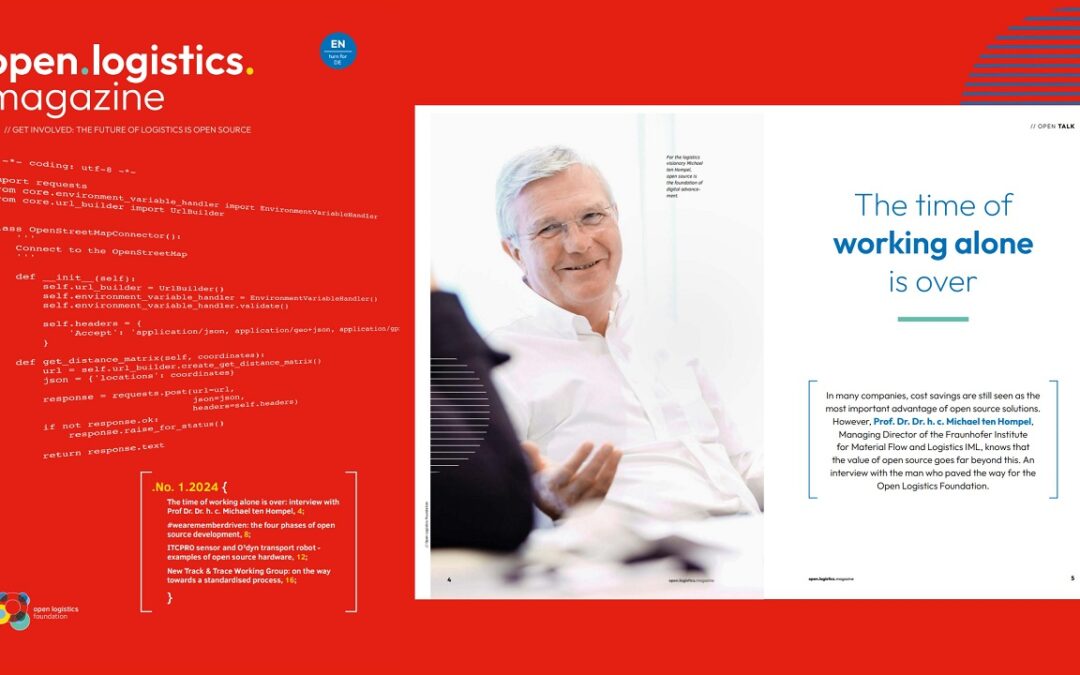
26 March 2024 | Stories
In many companies, cost savings are still seen as the most important advantage of open source solutions.
However, Prof. Dr. Dr. h. c. Michael ten Hompel, Managing Director of the Fraunhofer Institute for Material Flow and Logistics IML, knows that
the value of open source goes far beyond this. An interview with the man who paved the way for the
Open Logistics Foundation.
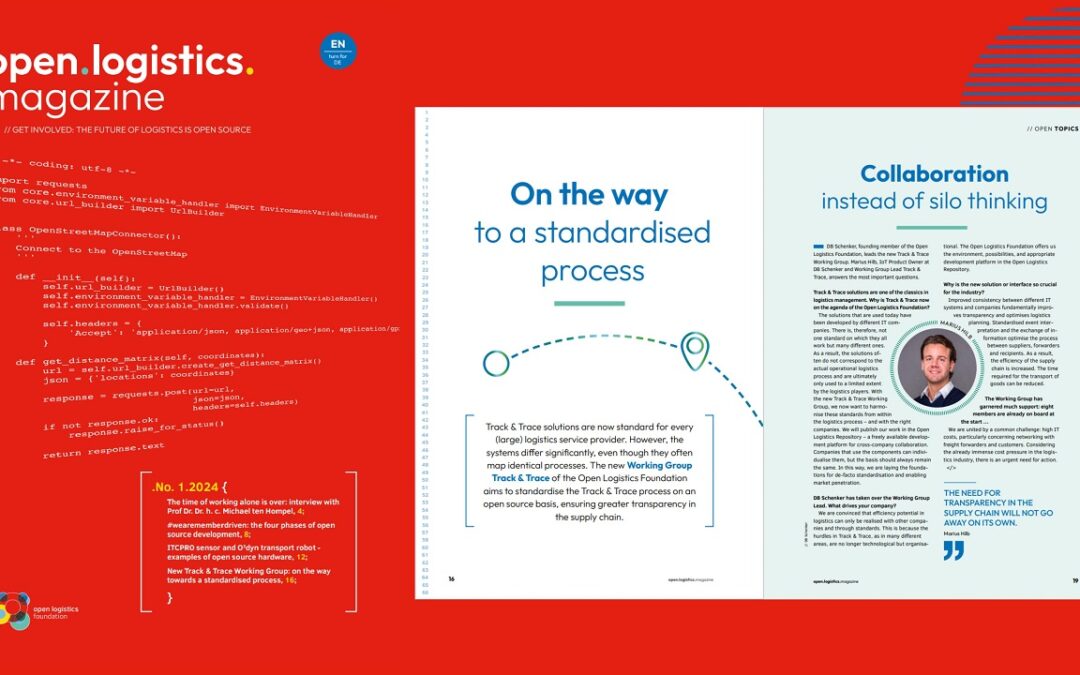
19 March 2024 | Stories
DB Schenker, founding member of the Open Logistics Foundation, leads the new Track & Trace Working Group. Marius Hilb, IoT Product Owner at DB Schenker and Working Group Lead Track & Trace, answers the most important questions.
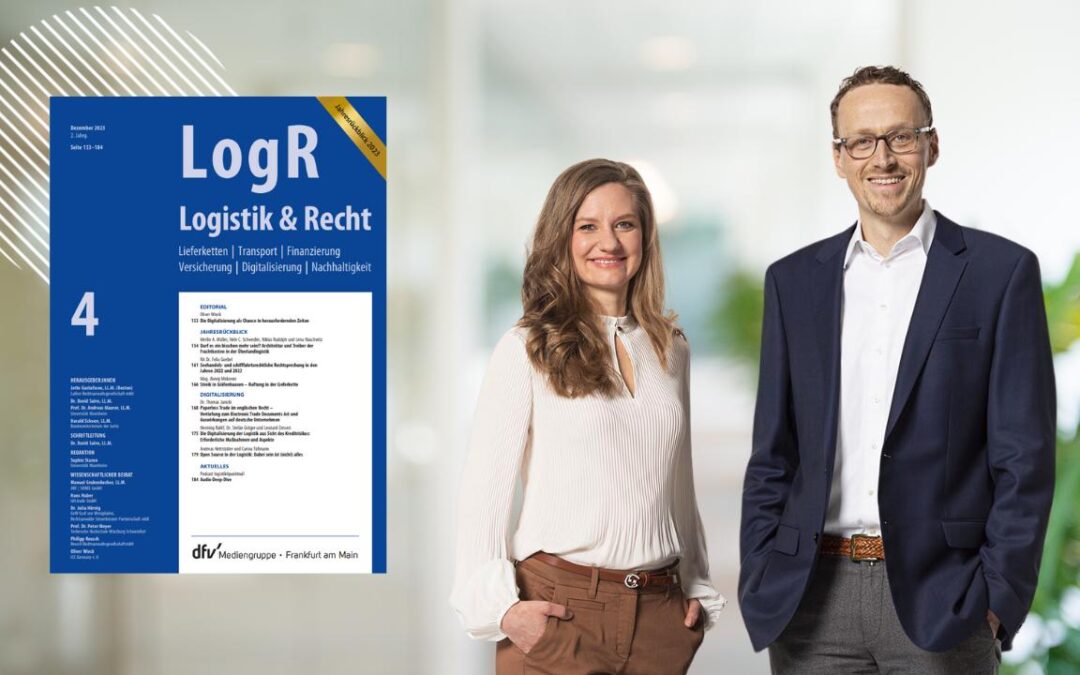
12 February 2024 | Stories
Digitalisation in logistics must not be an end in itself but rather serve to make logistics more efficient and more stable as a whole. This is why open and collaborative solutions are required: solutions that transcend system boundaries and are accessible to all. As a result, the Open Logistics Foundation member network is working together to develop open source solutions. It focuses on services that businesses cannot utilise to differentiate themselves from competitors, but the efficiency of these services can be significantly improved through standardising.
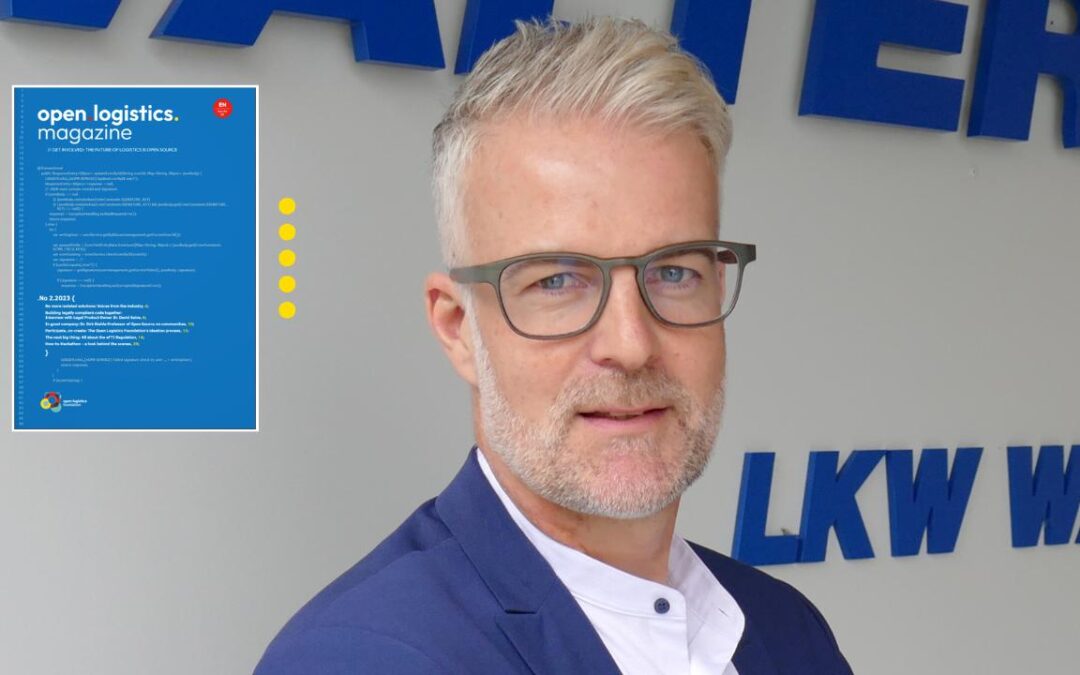
5 February 2024 | Stories
Open Source is one of the drivers of digital innovation in many companies today. Representatives from three member companies of the Open Logistics Foundation explain the
importance of open source for them. Three different companies, three individual open source strategies – but a common vision.
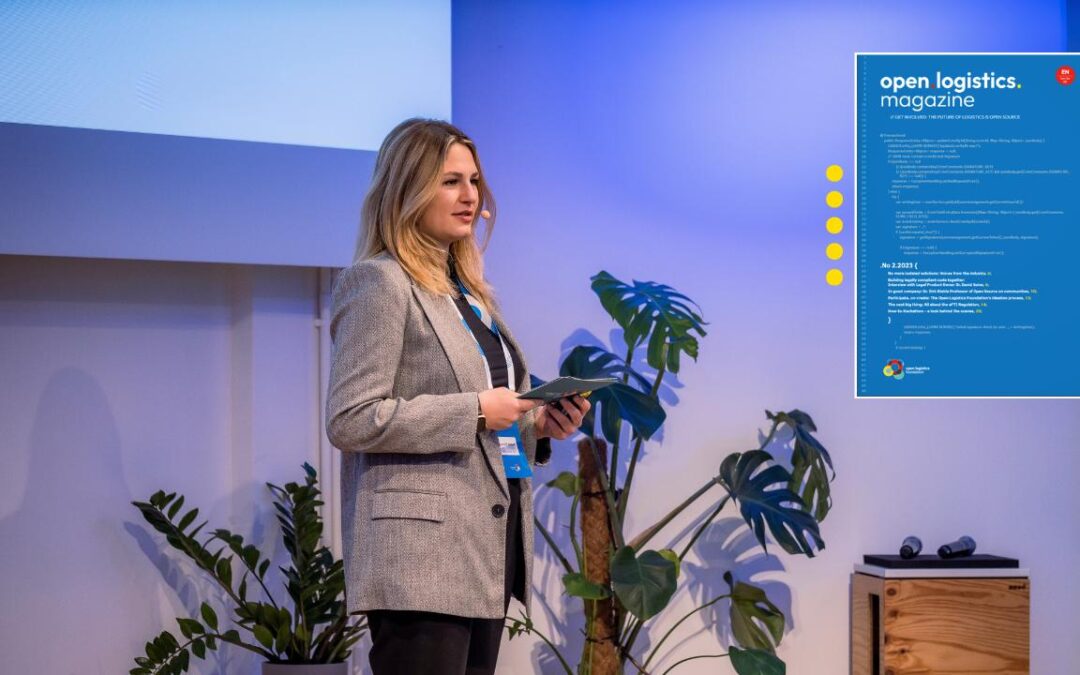
18 January 2024 | Stories
An open source community thrives on the commitment of its members – and needs the support of an organisation. Nathalie Böhning,
Innovation and Project Manager at the Open Logistics Foundation, answers the most important questions about the interaction between the Head Office and the companies in the so-called ideation process, the path from idea to project.









